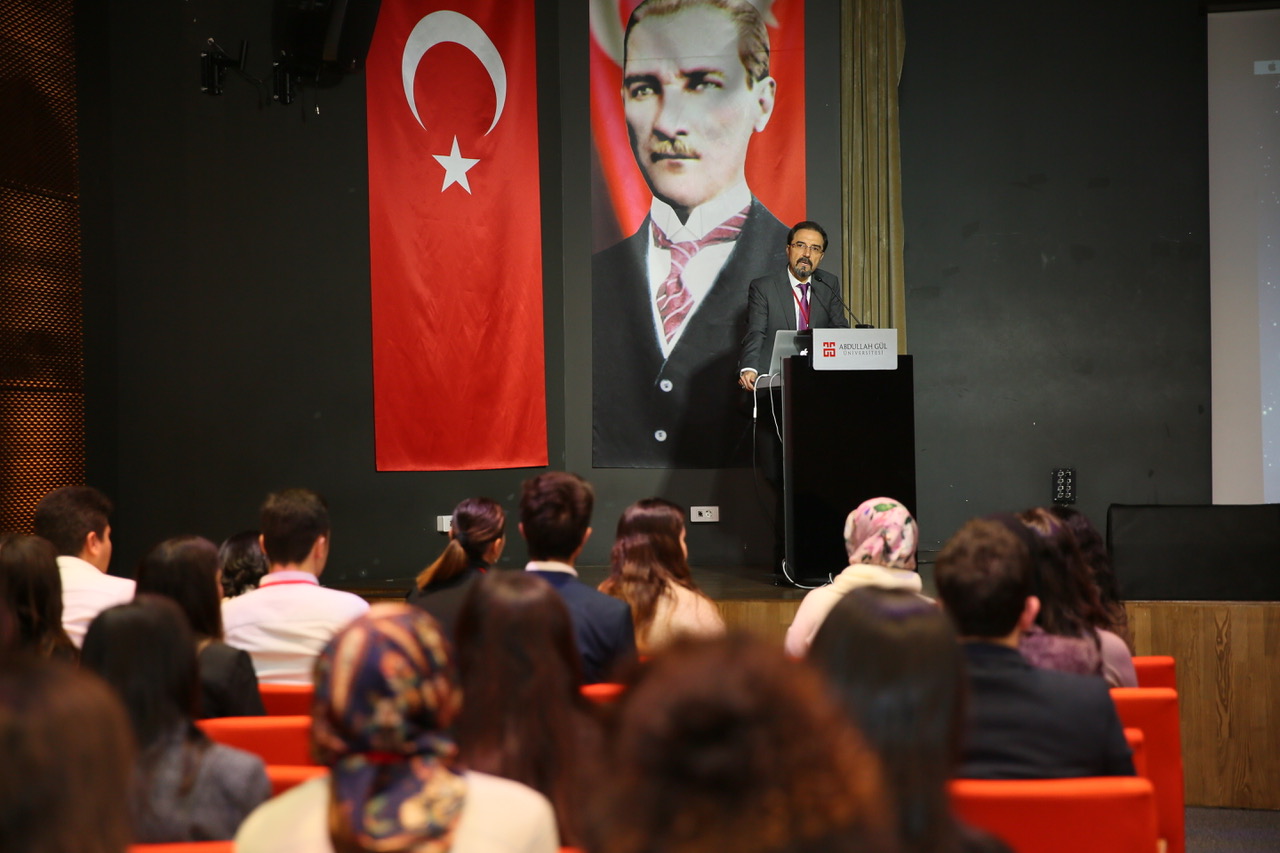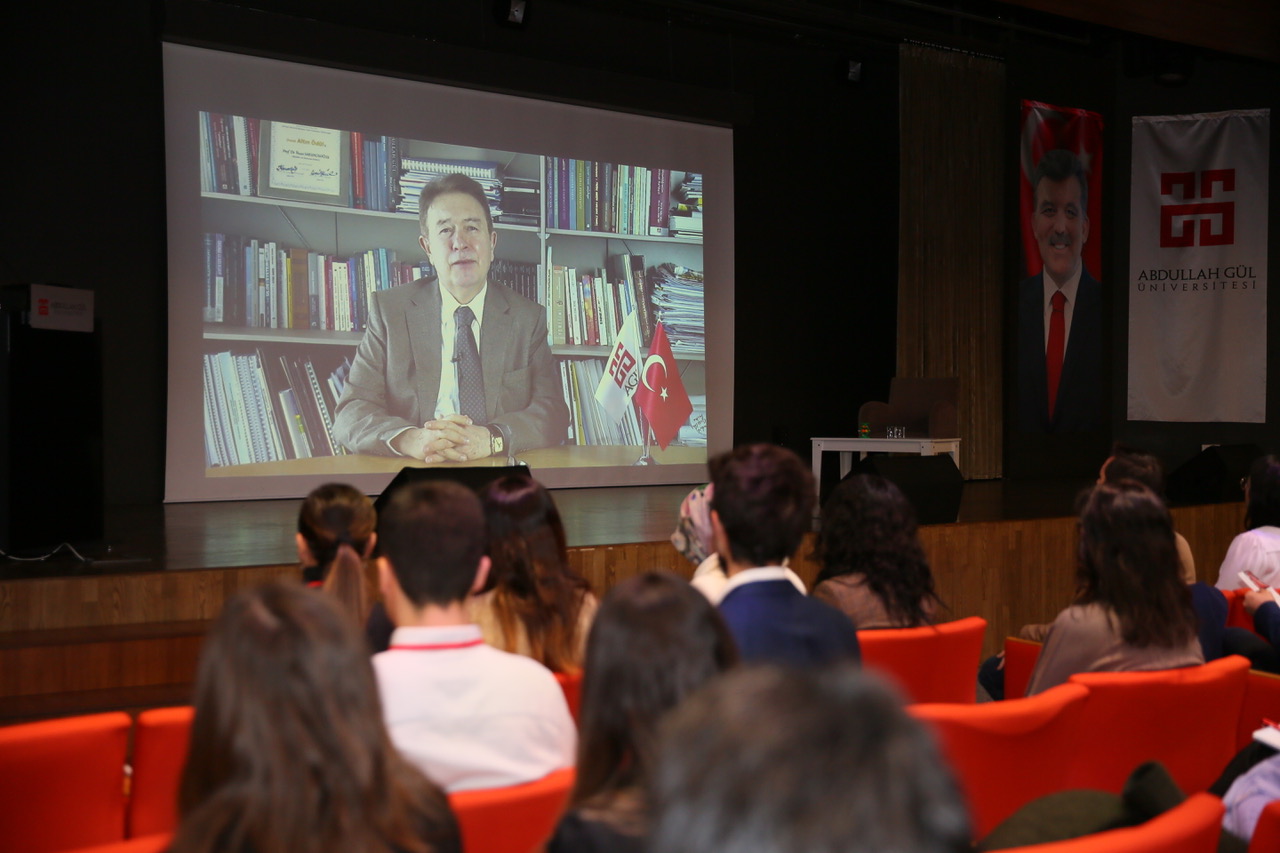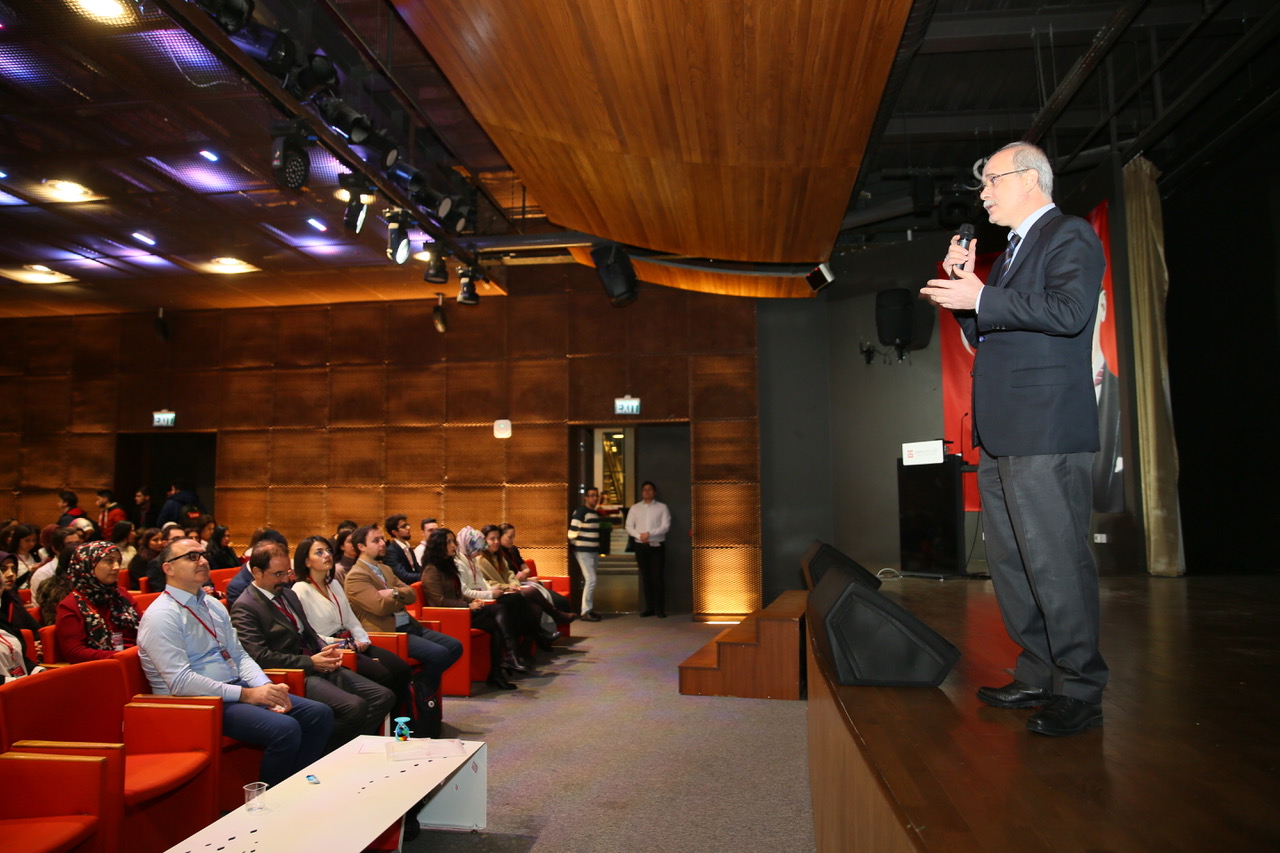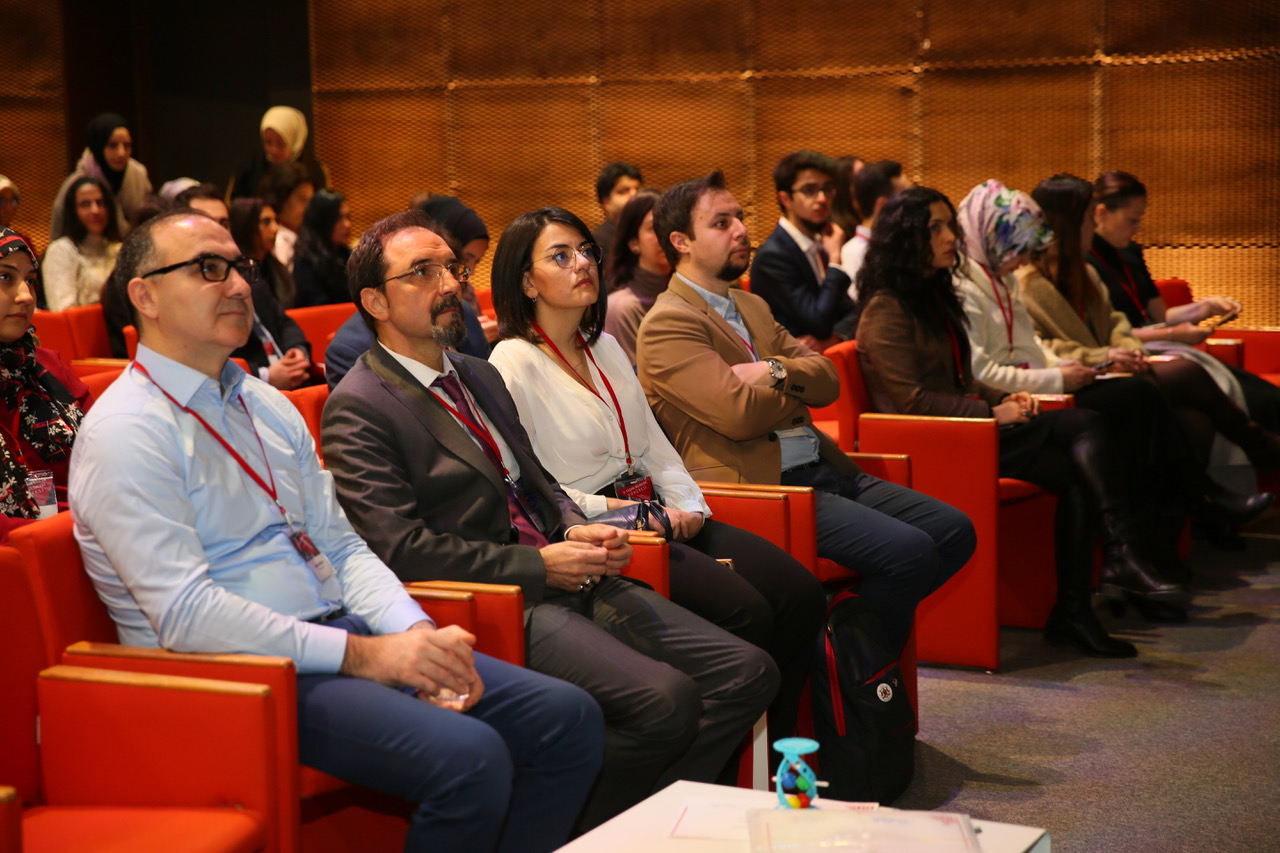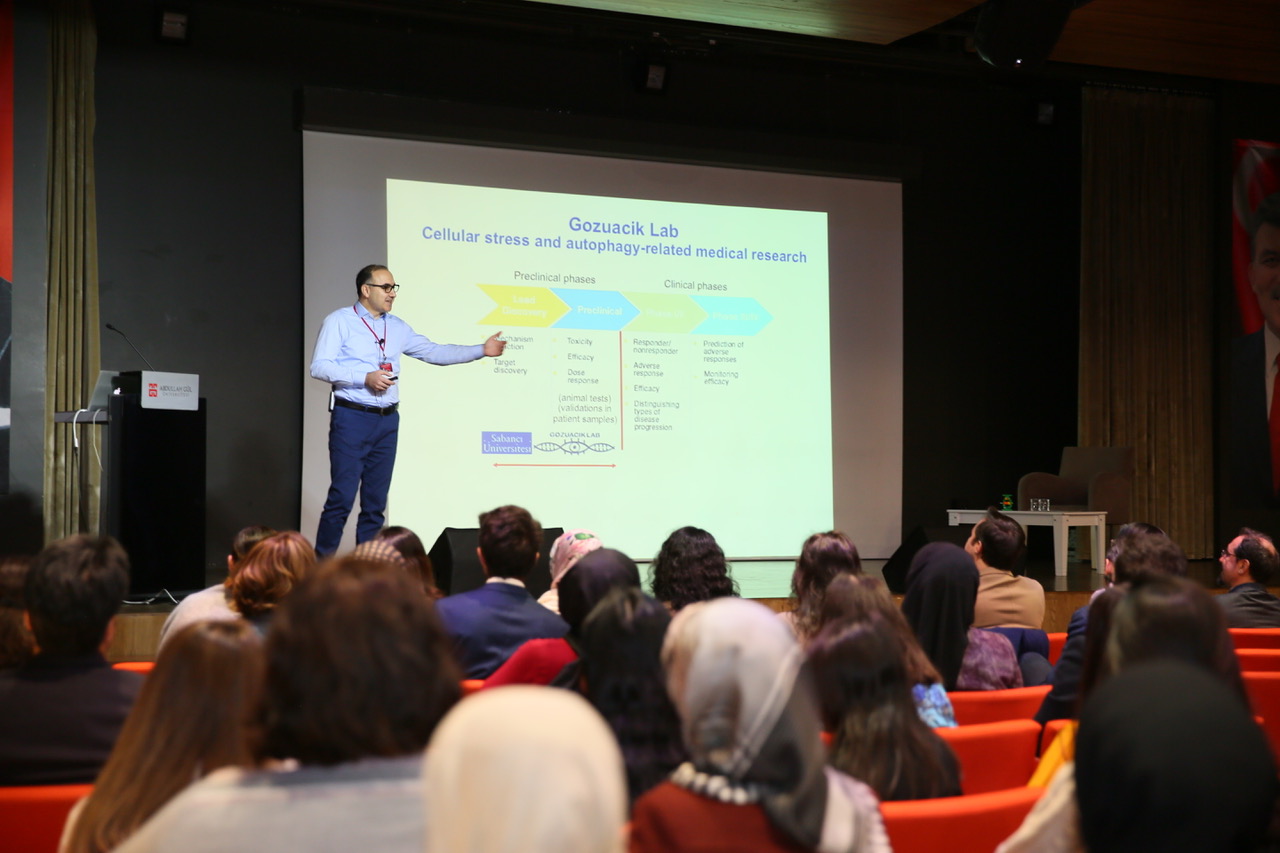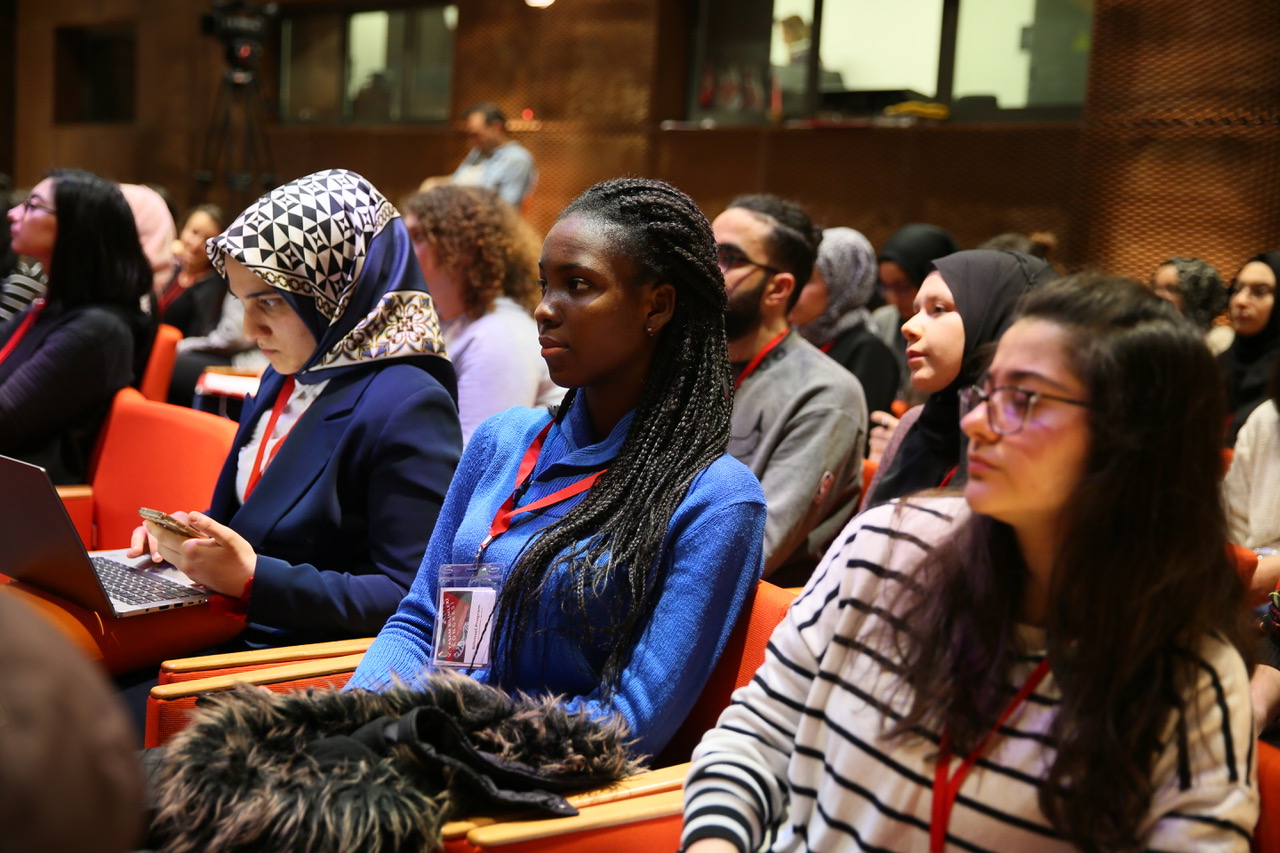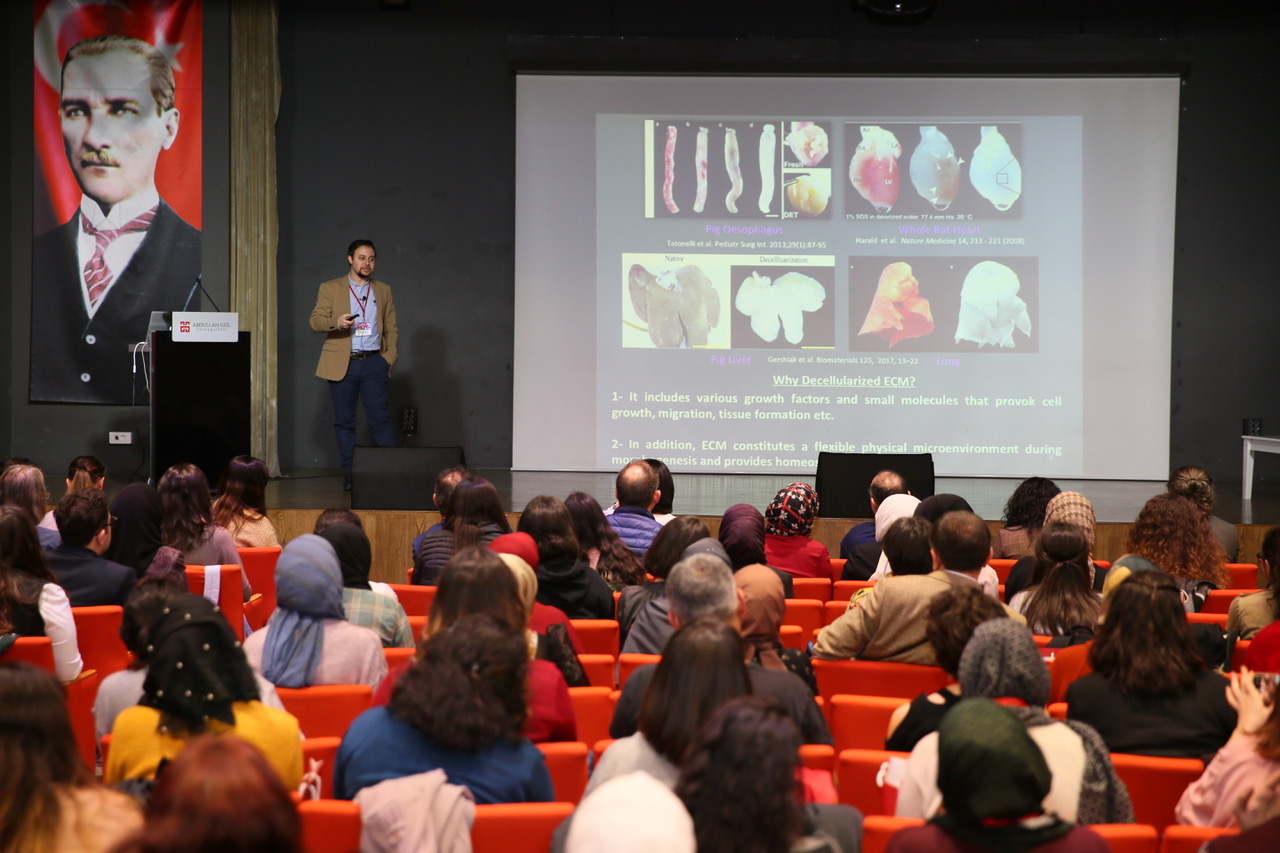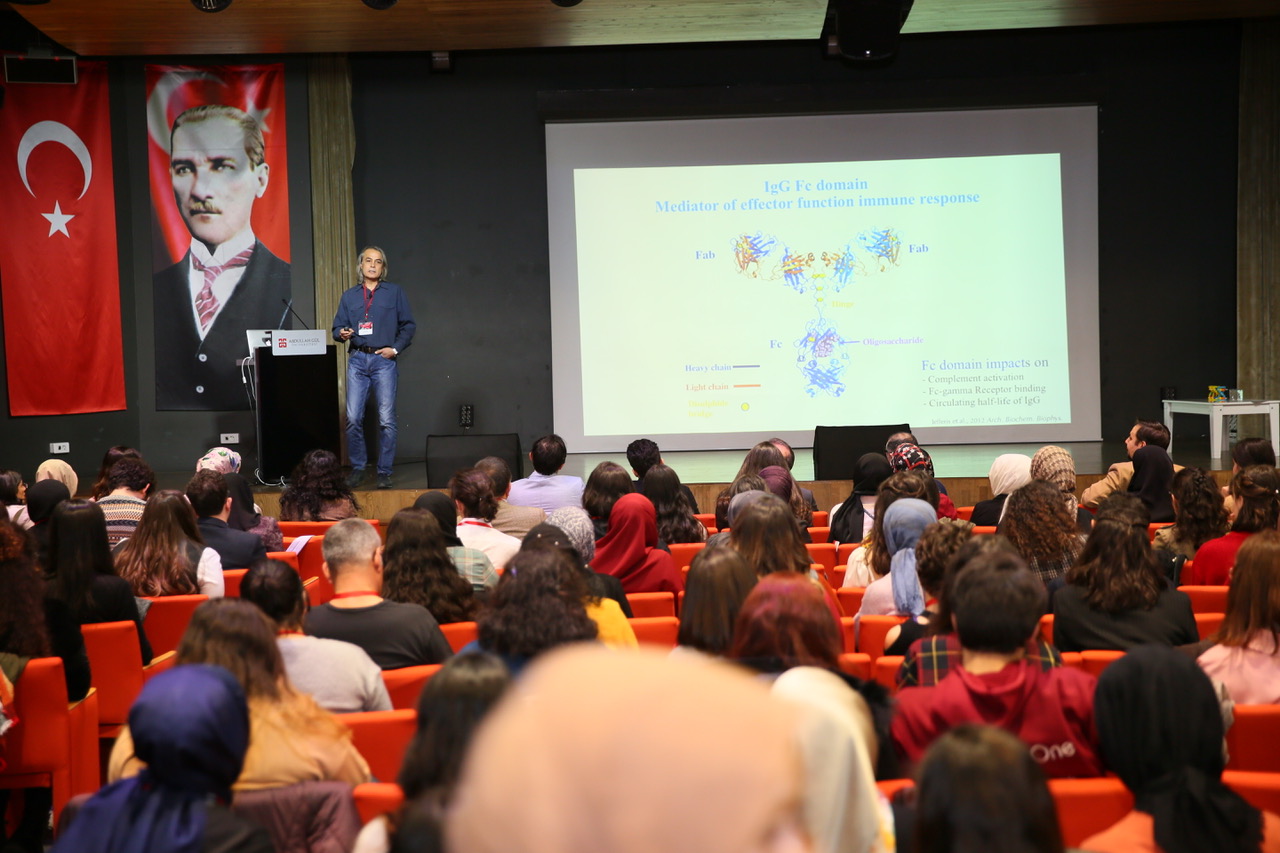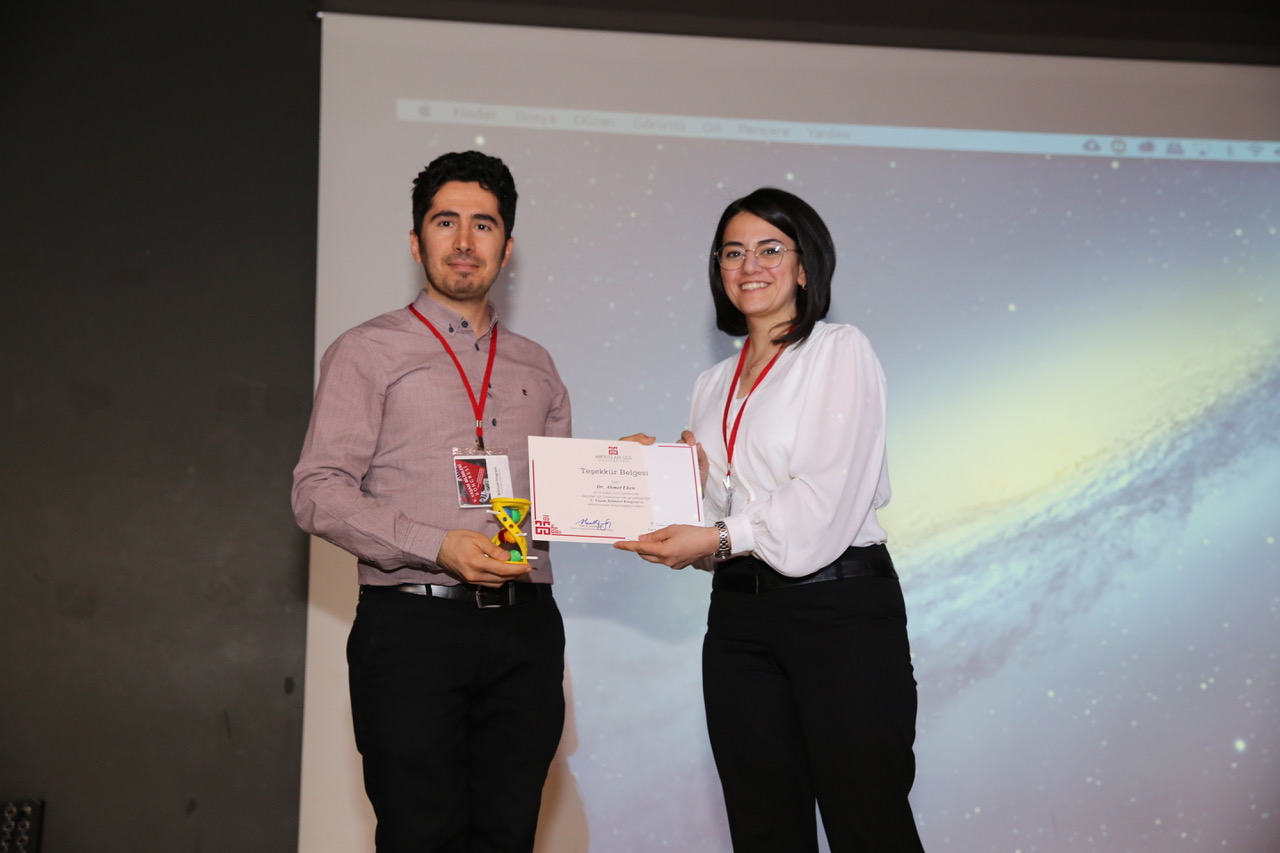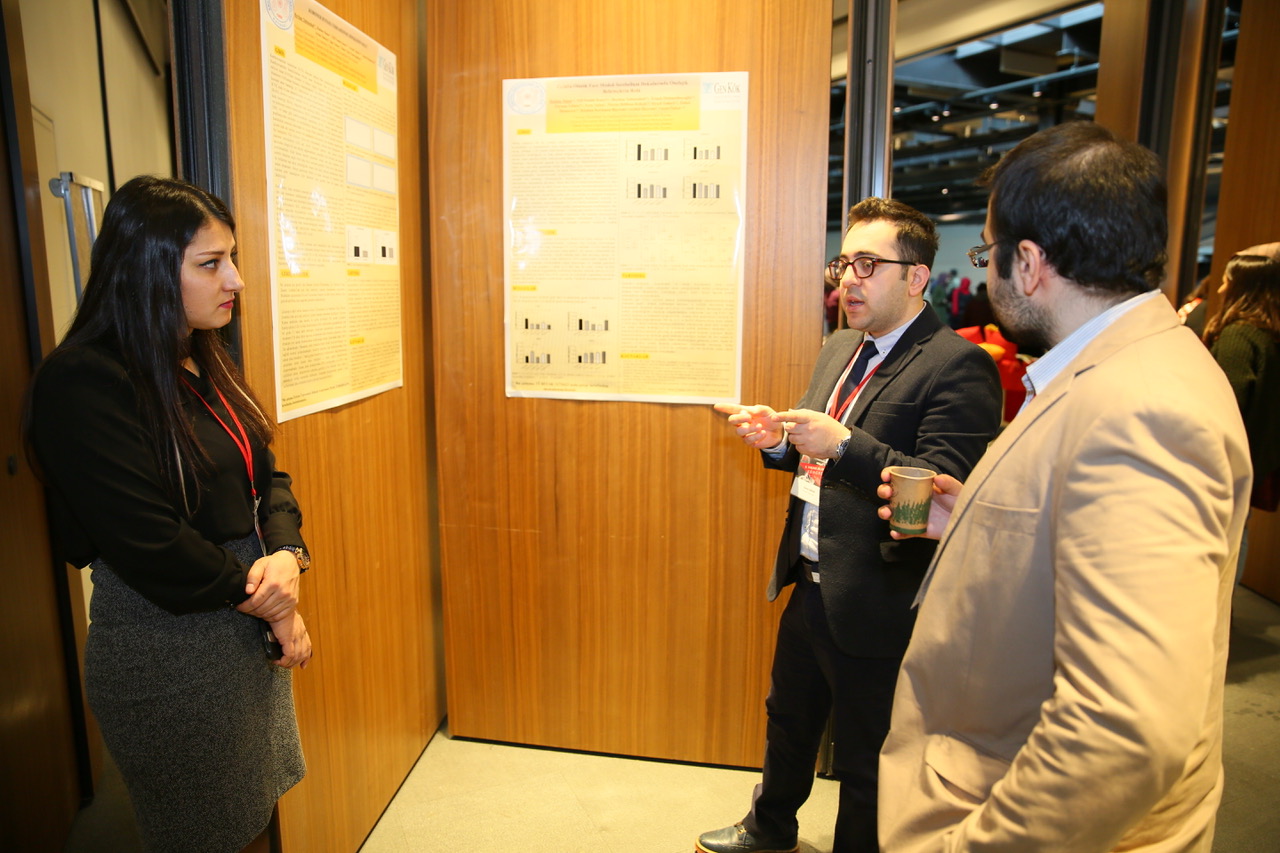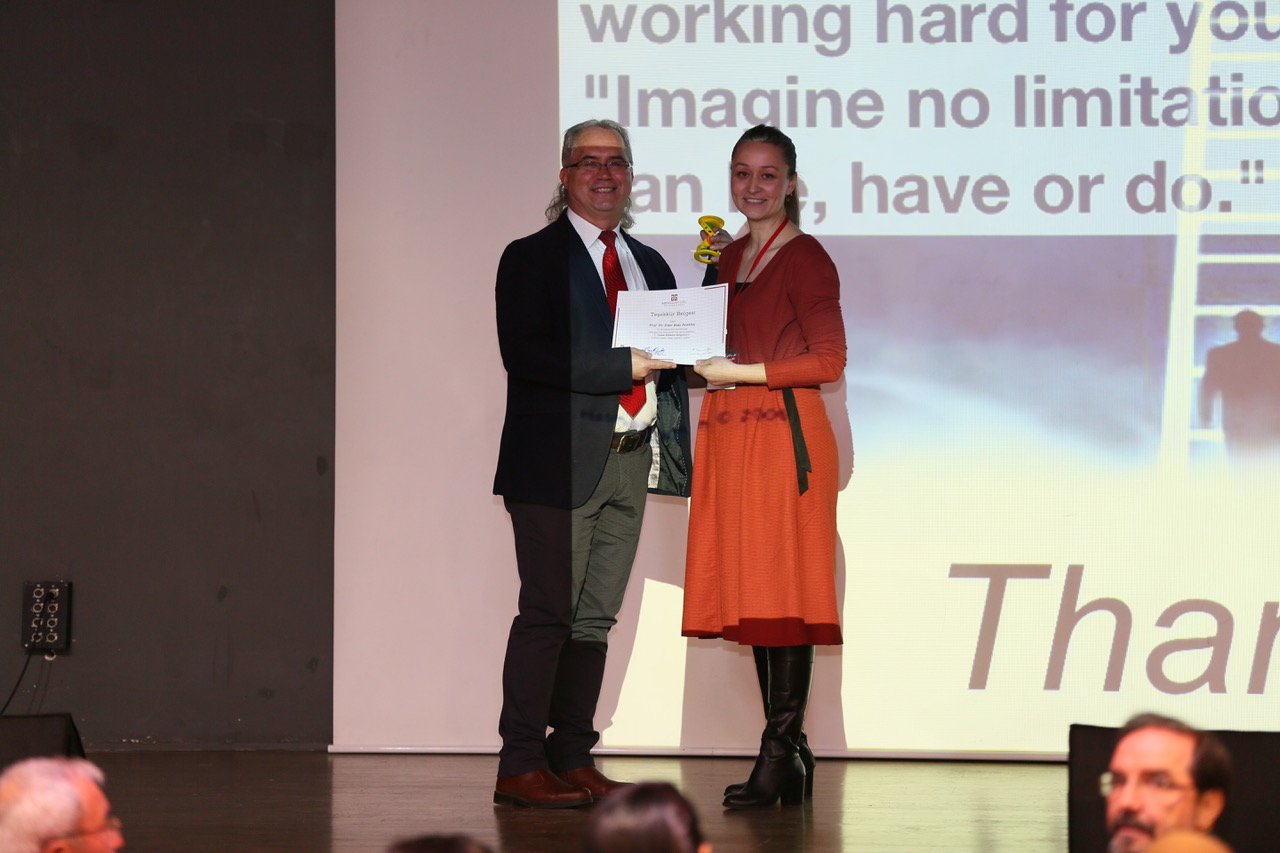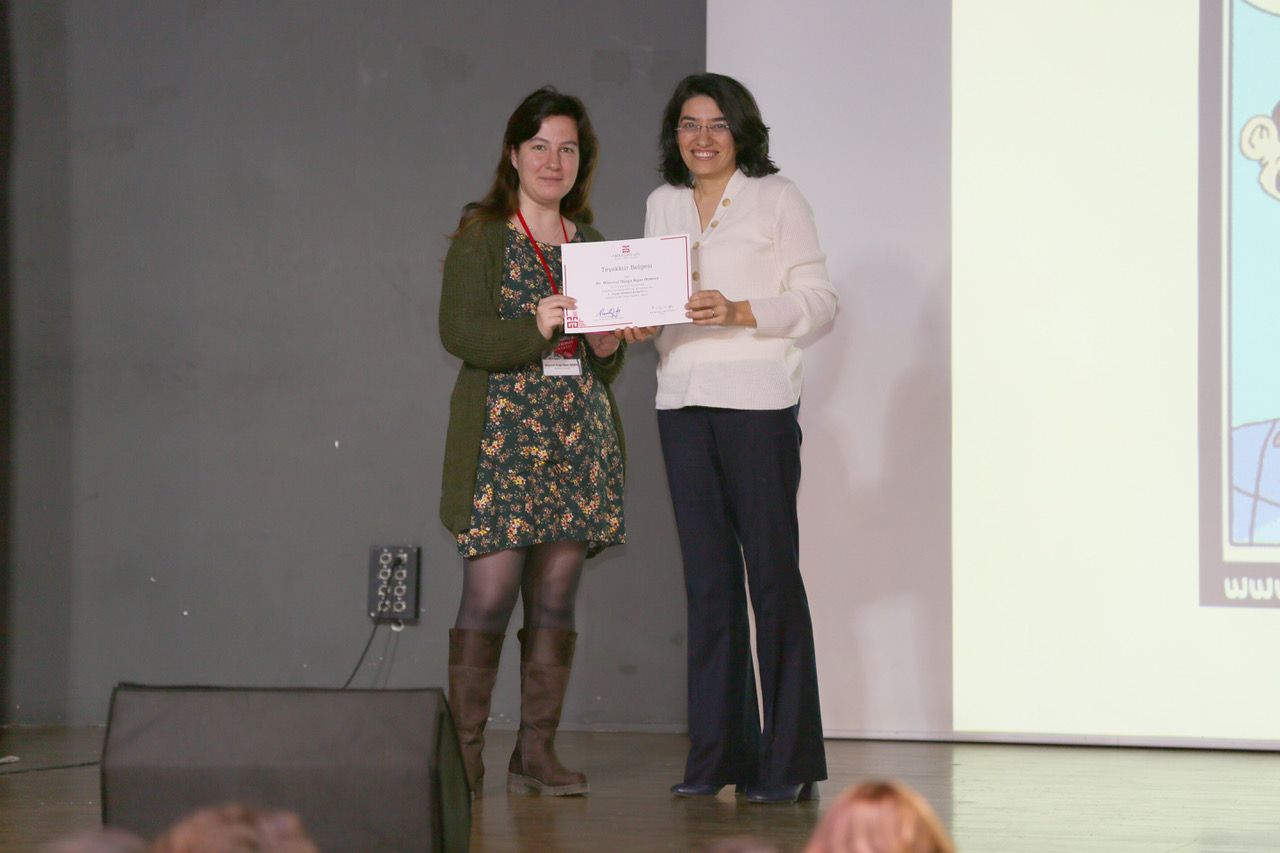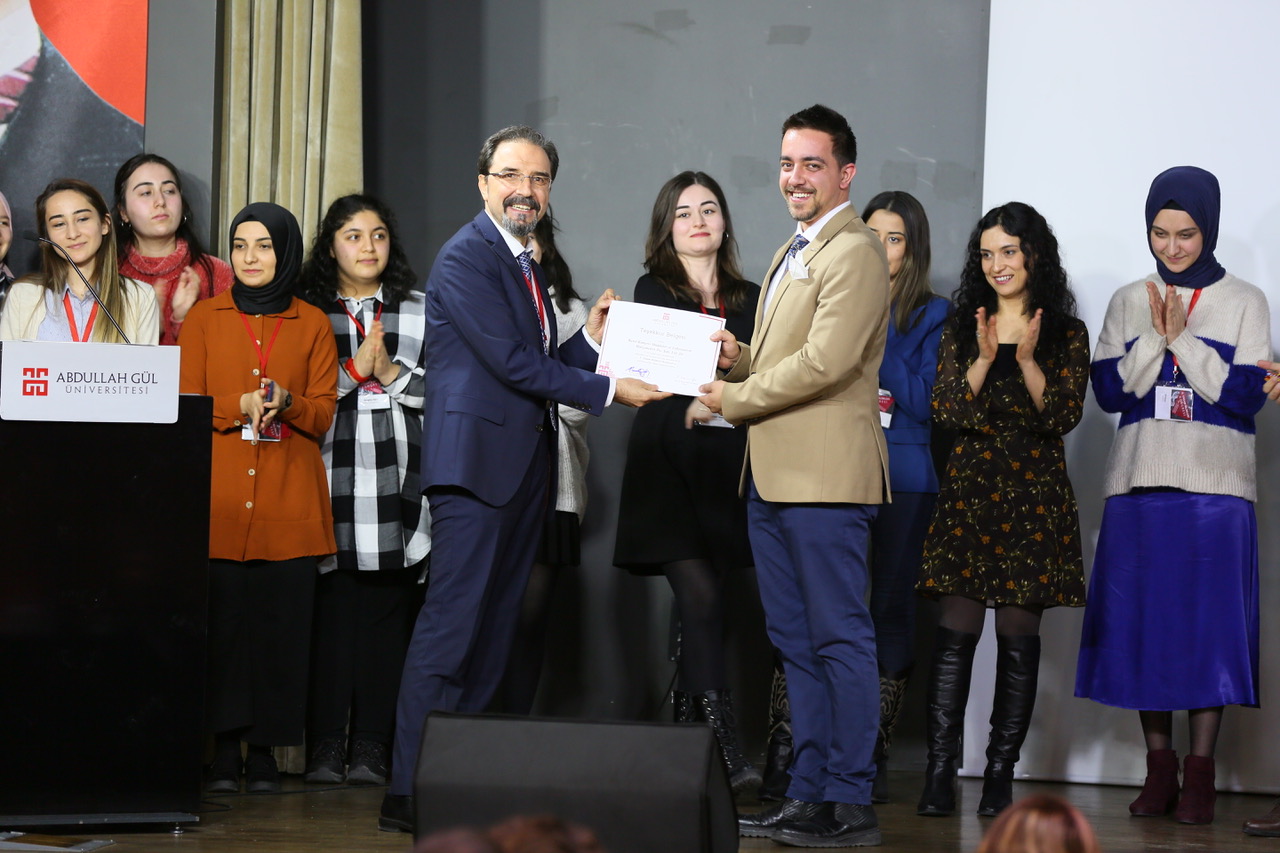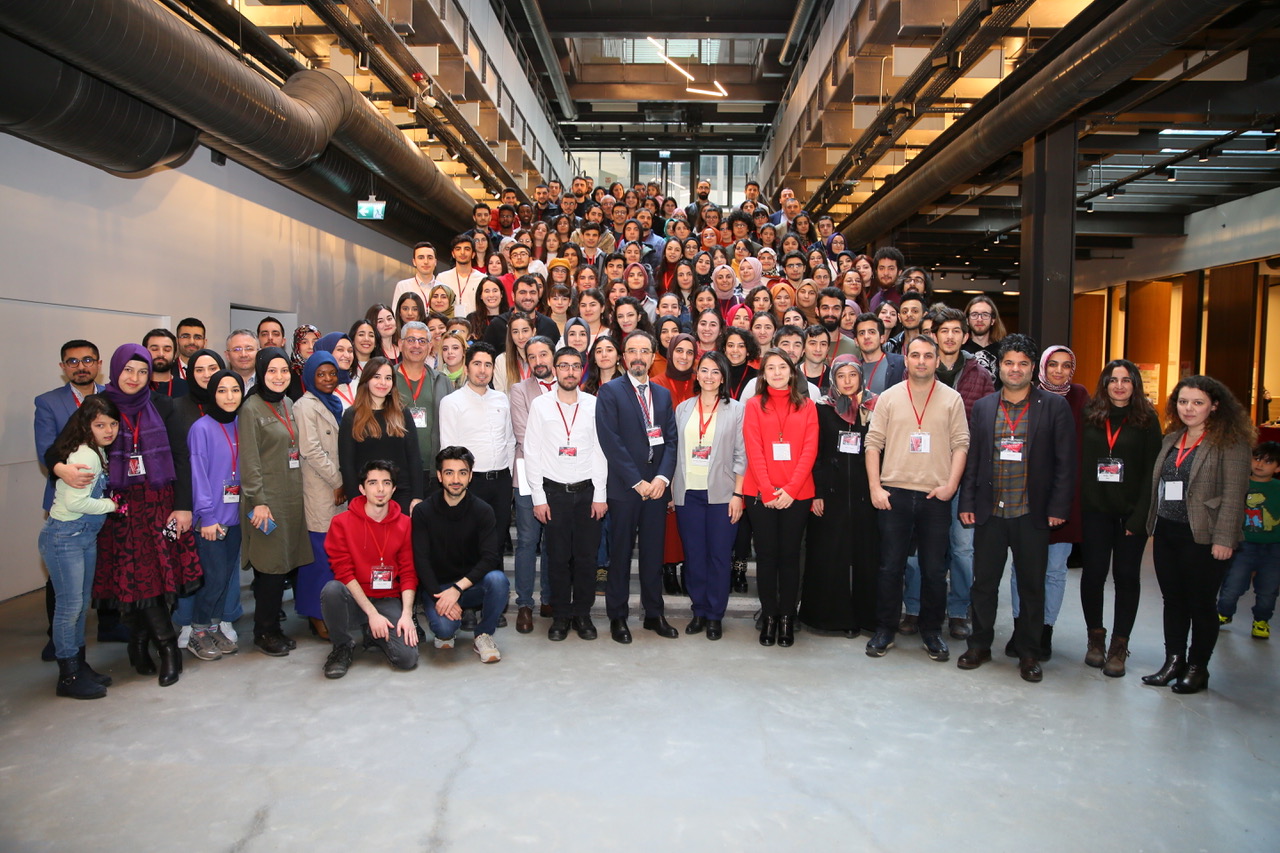The Faculty of Life and Natural Sciences at Abdullah Gül University (AGU) organized the 5th edition of "The Life Sciences Congress".
Around 300 people working in biology, genetics, medicine, pharmacy, bioengineering, chemistry, and engineering and based in different cities joined the congress at the Rectorate Conference Hall on the Sümer Campus.
Rector Prof. İhsan Sabuncuoğlu spoke at the conference opening via video-conferencing and said, the congress would contribute greatly to students' visions and research of scientists specializing in a variety of basic sciences including but not limited to Molecular Biology and Genetics, Biology, Bioengineering, Medicine, Pharmaceutics, Dentistry, Chemical Engineering, Materials Science and Engineering, and Nanotechnology.
Vice Rector Prof. İrfan Alan also made a speech and said, the novel coronavirus outbreak in China proved how important the field of life sciences and the work carried out in it were.
Drawing attention to the fact that students taking the university entrance exam and choosing their majors should be guided towards the life sciences, Prof. Alan added, "Turkey really needs to manufacture technology gadgets, inventions, and products with high added value."
Prof. Alaaddin Şen, Dean of the Life and Natural Sciences, expressed that the coronavirus outbreak did start after they organized the congress, thus the organizing committee, unfortunately, did not include a session on the disease into the program.
Prof. Şen said: "The recent coronavirus outbreak has shown us once again that the life sciences are very important for our lives. With this outbreak, we are once again observing how important molecular biology and genetics, biology and life sciences, bioengineering, and similar fields such as bioinformatics or phylogeny are.
In this regard, our aim with this congress was to raise awareness specifically among students by bringing together all those areas under the same umbrella."
After these remarks, the congress continued with presentations of scientists from 8 universities and 2 science centers in separate sessions.
The congress aimed to bring students and specialists from basic, clinical, and engineering sciences together to create an interactive environment and covered significant themes such as cancer biology, proteomics, bioinformatics, tissue engineering, stem cells, nanobiotechnology, neuroscience, immunology, and biomedical instrumentation.
On the second day, the congress continued with more sessions and poster presentations. The congress ended after the presentation of "The Best Scientific Study Awards."
